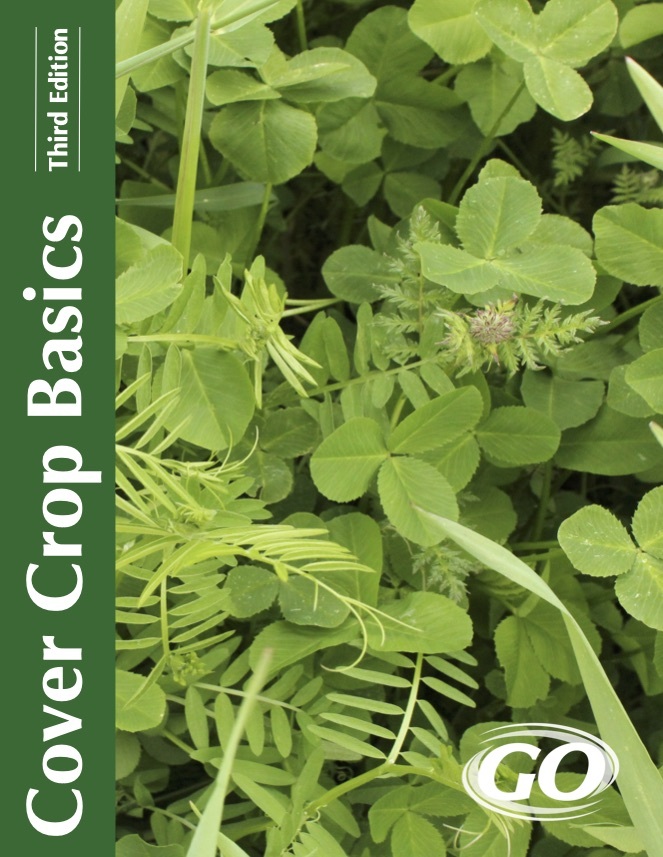Conservation Farming: Max Gustafson farms 450 acres of corn, soybeans, and forage with livestock in Chisago County, Minnesota. He raises 30 cow/calf pairs. For the past several years Max has been work with Deb Hermel, District Conservationist with the Natural Resources Conservation Service (NRCS) to implement soil health and residue management practices on his farm. These Environmental Quality Initiatives Program (EQIP) practices include no-till farming on his corn and soybean acres, planting forage on his highly erodible land, and fencing off his cattle from adjacent wetland areas. Max decided to implement no-till practices on his farm to save time, labor, fuel costs, conserve soil moisture, increase soil health, and decrease erosion, while preserving profitability. These practices are a part of the Mississippi River Basin Healthy Watershed Initiative (MRBI), which is a collaborative national program with small watersheds throughout the whole Mississippi River watershed basin where NRCS, partners, and producers encourage farming practices that increase water quality, enhance wildlife habitat, and restore wetlands, while sustaining production on agricultural lands. Deb Hermel also talks about how the extreme weather conditions in Minnesota have made farming more difficult. She discusses how the MRBI will help to increase water quality through reducing sediment and nutrient runoff into the Mississippi River and ultimately the Gulf of Mexico. Videography by Dan Balluff.


